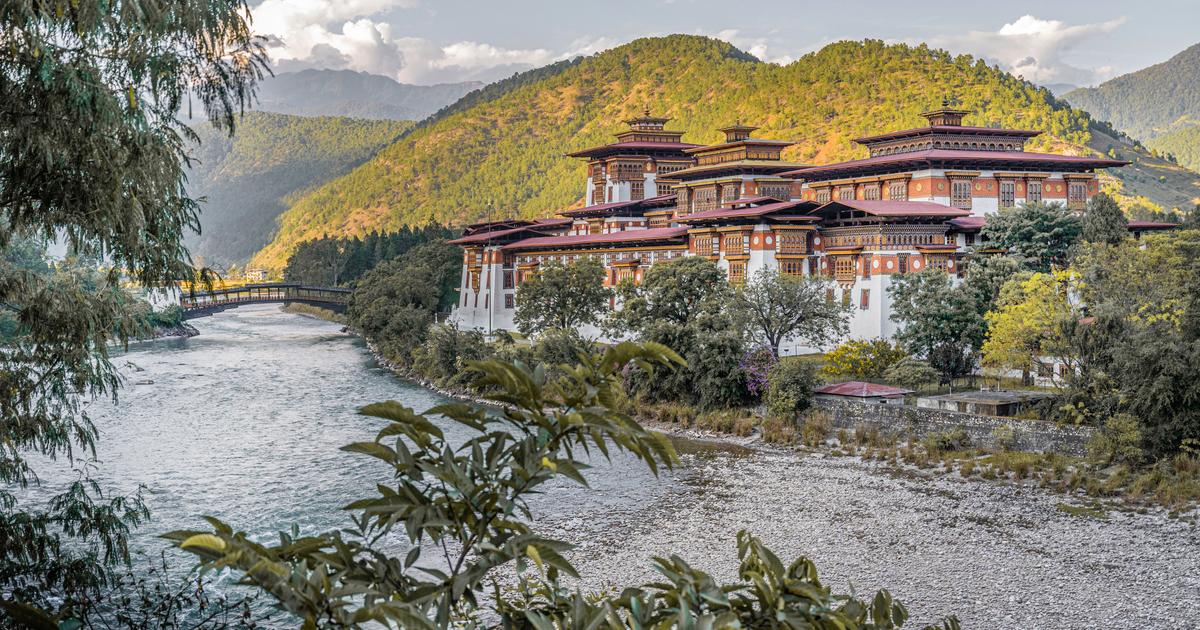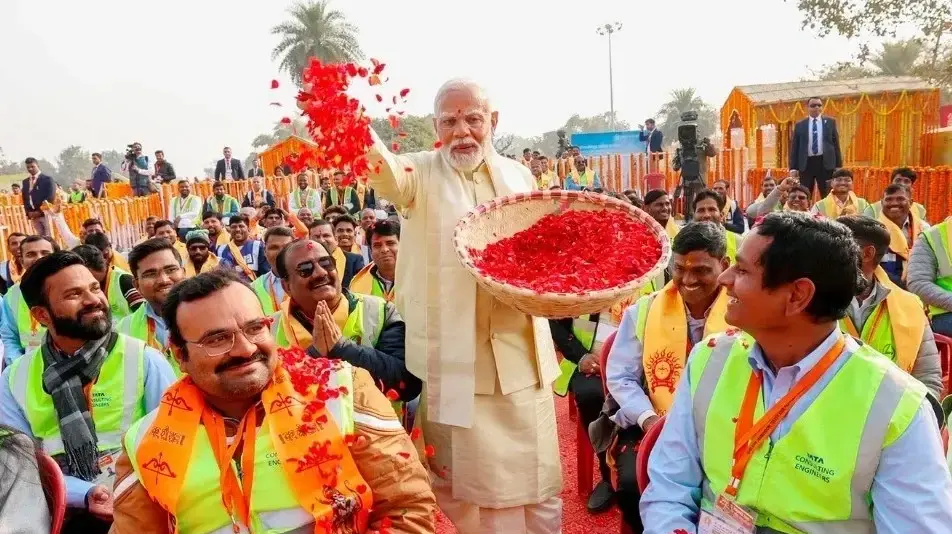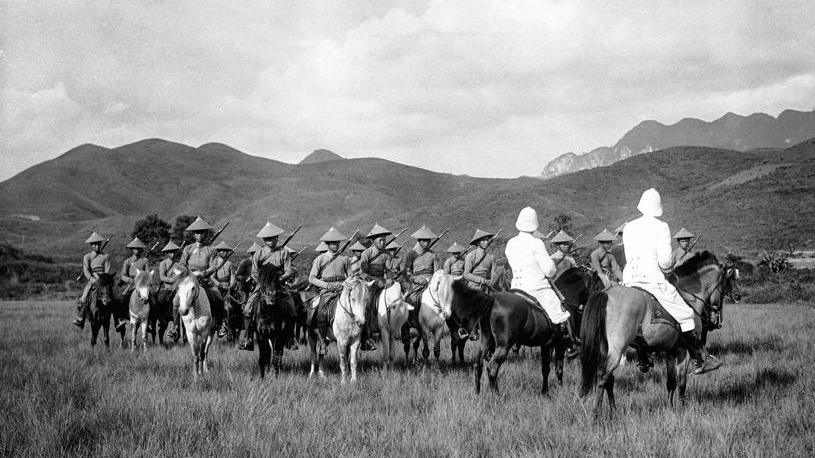Icon: enlarge
Bhutan's famous Taktshang Monastery: life at over 2000 meters above sea level could be so beautiful
Photo: ADREES LATIF / REUTERS
If Bhutan were not a state, but a person, then it would be the kind of person everyone likes right away.
A country that does not first and foremost strives for prosperity, but for happiness.
That puts the satisfaction of its citizens above economic growth - and has even written the belief in "gross national happiness" into the constitution.
In 2008 the absolutist monarchy came to an end here, without any bloodshed.
Bhutan has been a democracy ever since.
It is also one of the few countries that is considered climate neutral;
more than two thirds of its area is forested, that too is the law.
Life at over 2000 meters could be so peaceful.
If it weren't for Bhutan's neighbors: China in the north and India in the south.
Two big giants who care little about the environment and certainly not about luck.
But for those who want to increase their own power and strength.
more on the subject
Bhutan: Behind the mountains, with the happy people
Buddhist Kingdom: Bhutan doubles teachers' salaries
In tiny Bhutan, of all places, these two giants - two nuclear powers, too - are wrestling over a question that affects the entire region: Who will dominate the Himalayas in the future?
If war should one day break out between the two rivals, then Bhutan and its 750,000 inhabitants could still play a key role.
China is building a village - in Bhutan
That showed up again in October.
China opened a new village in the mountains.
Satellite images from the US company Maxar Technologies show around two dozen houses along a river.
In addition, according to a company spokesman, "military storage bunkers" can be seen.
The report was explosive for two reasons: First, the Pangda Village is probably on Bhutanese territory - which China's Foreign Ministry denies.
And secondly, it extends up to a few kilometers from Doklam, a plateau in western Bhutan.
There is not much there besides pasture land and rubble, but Doklam is of crucial strategic relevance.
Both China and Bhutan lay claim to the area, India has always done everything to ensure that the plain does not fall to its rival.
Because from up there you can see the surrounding valleys.
If Chinese armed forces were to control Doklam, in the event of a conflict they would, among other things, allow them to
Cutting India's “chicken neck”: This is what strategists call the narrow corridor that connects India with its northeastern states.
Beijing, on the other hand, has already offered the government in Thimphu several barter deals: China would give up its ownership claims in northern Bhutan - in return, Bhutan would have to leave Beijing among other things to Doklam.
Bhutan has always refused the offer - presumably out of consideration for India's security concerns.
The neighbor to the south is a close ally.
The Indian army trains Bhutanese troops.
New Delhi buys large amounts of hydropower energy from Bhutan every year, one of the country's few exports.
But many Bhutans are also finding India's embrace increasingly suffocating.
They fear that their country - a thoroughly peaceful state - could be drawn into a dangerous conflict.
That was almost the case in 2017.
At that time, Chinese workers built a road that protruded into Doklam.
Indian forces immediately advanced into the region.
It took 73 days for the conflict to be resolved.
It is still unclear to this day whether Bhutan called India for help at the time or whether New Delhi acted on its own.
China is losing patience
Three years later, the Bhutanese journalist Tenzing Lamsang believes that the Chinese are losing patience with his country.
In the summer, China announced that it was claiming large parts of a nature reserve that had not yet been discussed.
The news came as a shock to Bhutan.
"We are now paying the price for Bhutan's refusal to give way in the talks or even to agree to a compromise," Lamsang tweeted.
Like many others, he sees the current events as part of a larger drama in which Bhutan only plays a minor role: since spring, Chinese and Indian armed forces have faced each other at a different point in the Himalayas.
At least 20 Indian soldiers and an unknown number of Chinese soldiers died in a clash.
Bilateral relations are worse than they have been in decades.
more on the subject
China versus India in the Himalayas: A fight between nuclear powers An analysis by Laura Höflinger, Bangalore
Beijing may therefore have decided that it is time to step up the pressure on Thimphu - and Bhutan that it is better to look the other way than to call India for help and thereby provoke a conflict.
Bhutan's ambassador in New Delhi recently declared that "there is no Chinese village in Bhutan".
That is wrong for all that is known.
But understandable as a reaction.
Because Bhutan is a dwarf who has to accomplish the feat of dancing with two giants without getting crushed.
Icon: The mirror









